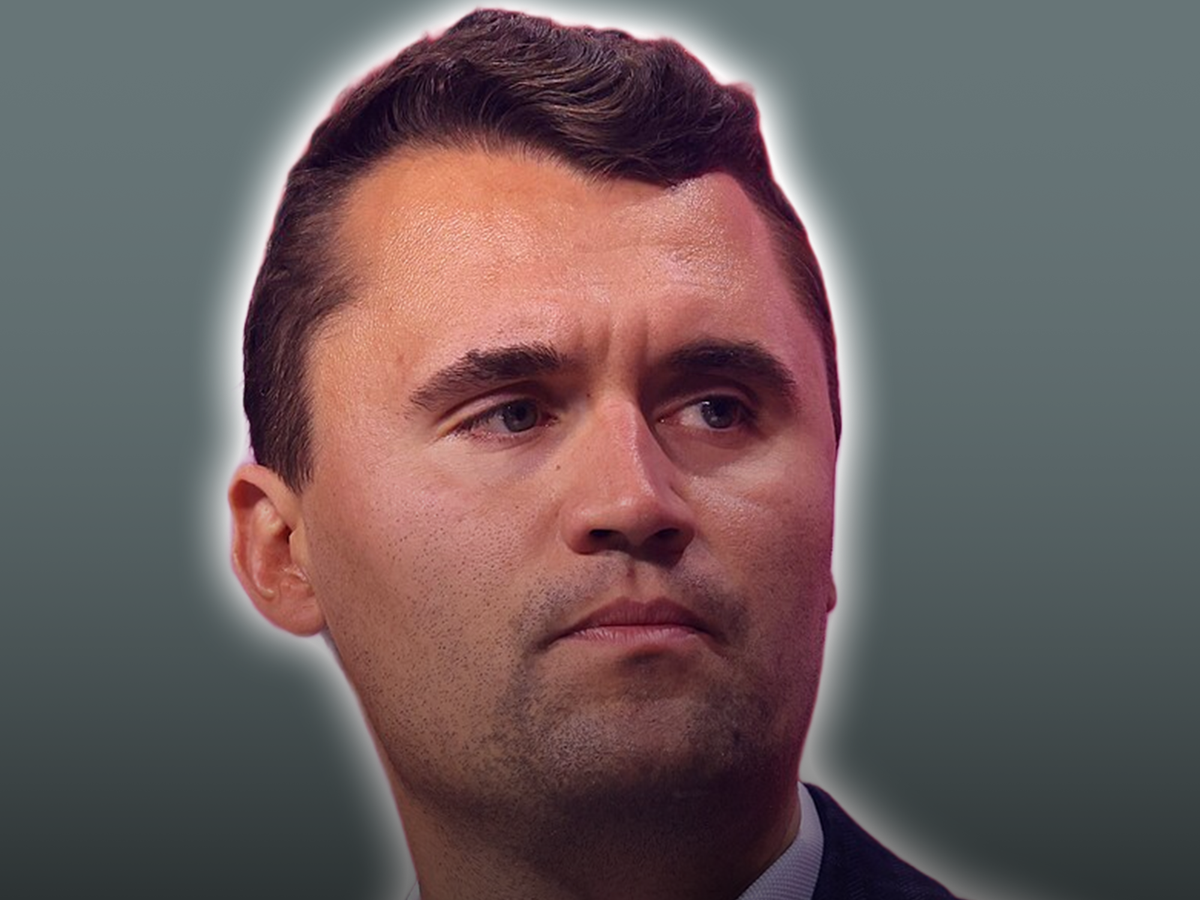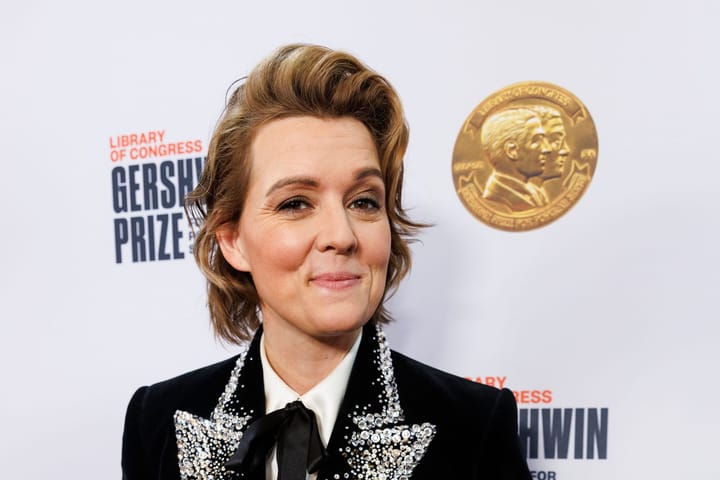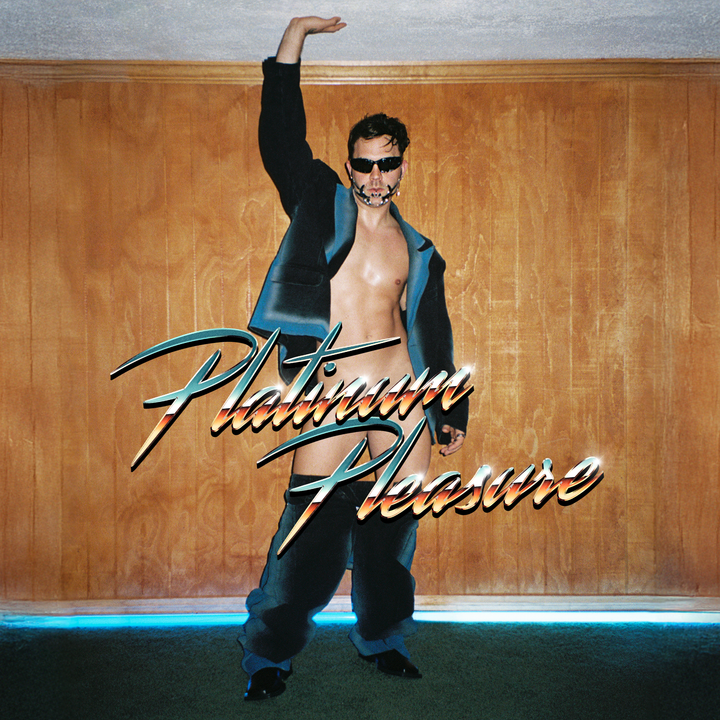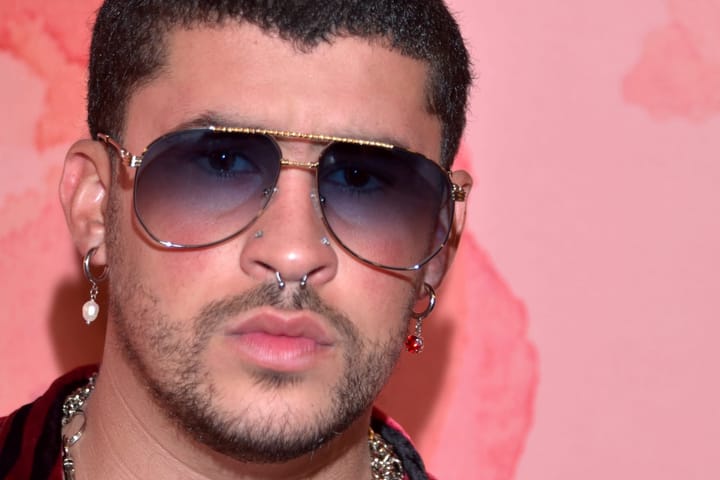Charlie Kirk: A legacy of anti-LGBTQ+ rhetoric

Charlie Kirk, the founder of Turning Point USA and a prominent figure in the American conservative movement, was fatally shot during a live event at Utah Valley University on 10 September. His death has reignited scrutiny over his controversial political stances, particularly his outspoken opposition to LGBTQ+ rights and inclusion.
Kirk, aged 31, built his reputation as a staunch supporter of right-wing ideologies, often courting controversy with inflammatory remarks. His views on LGBTQ issues were among the most divisive. He frequently described progressive stances on gender and sexuality as “sexual anarchy” and condemned LGBTQ-inclusive education, arguing that it eroded cultural identity.
In multiple broadcasts and public appearances, Kirk used anti-transgender slurs and celebrated being able to do so on platforms like Rumble. He labelled transgender individuals as “groomers” and advocated for banning gender-affirming care, even suggesting that providers should face “Nuremberg-style trials”.
His rhetoric aligned with broader efforts in right-wing media to roll back LGBTQ+ protections, including celebrating Supreme Court rulings that allowed businesses to discriminate against LGBTQ+ customers on religious grounds.
Kirk’s comments extended to dangerous misinformation. Just moments before his fatal shooting, he responded to a question about trans mass shooters by saying “Too many,” despite data showing the vast majority of such incidents are committed by cisgender men.
His influence was not limited to media. Kirk played a key role in shaping conservative youth discourse through Turning Point USA, a platform that has been criticised for hosting events and promoting narratives hostile to LGBTQ+ communities. Despite this, he was invited as the first guest on California Governor Gavin Newsom’s podcast earlier this year, a move that drew backlash given Kirk’s history of incendiary remarks.
While tributes from political allies, including President Donald Trump, praised Kirk as “legendary,” critics argue that his legacy is marred by a pattern of bigotry and harmful rhetoric.





Comments ()